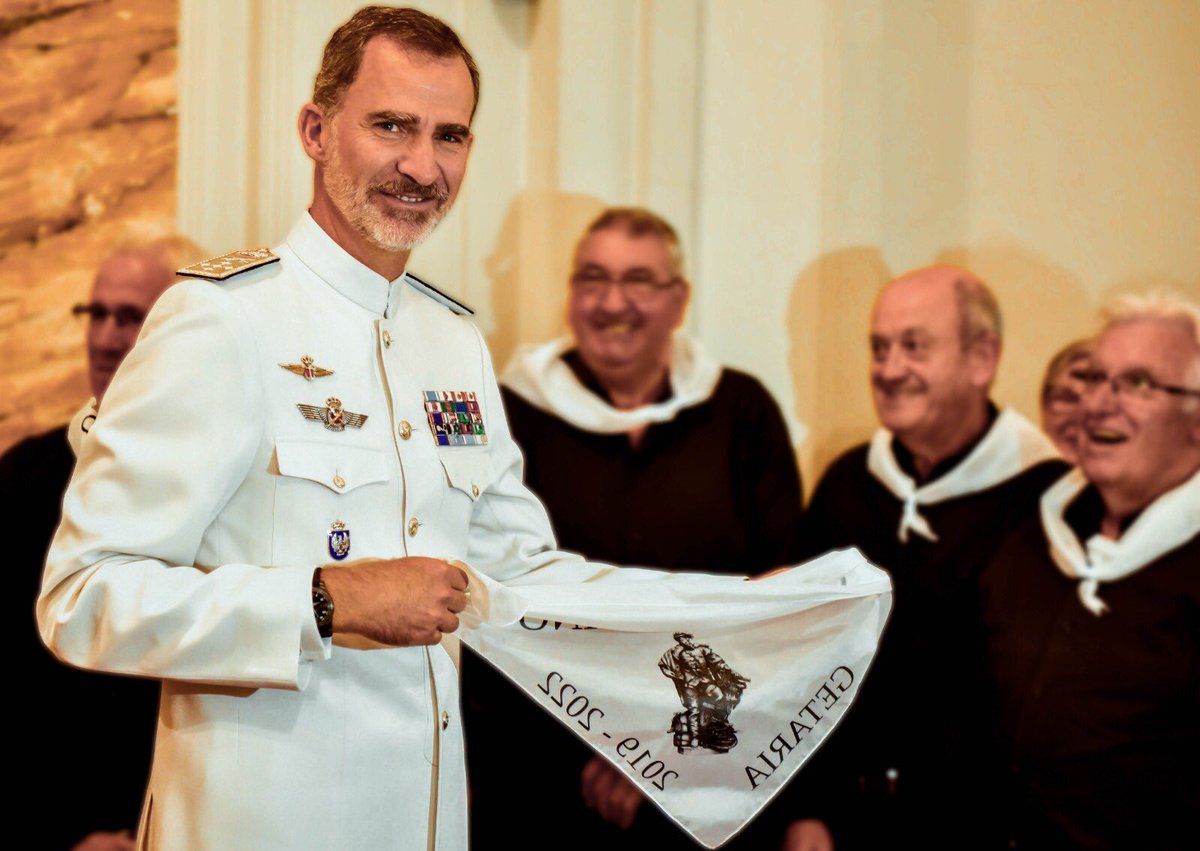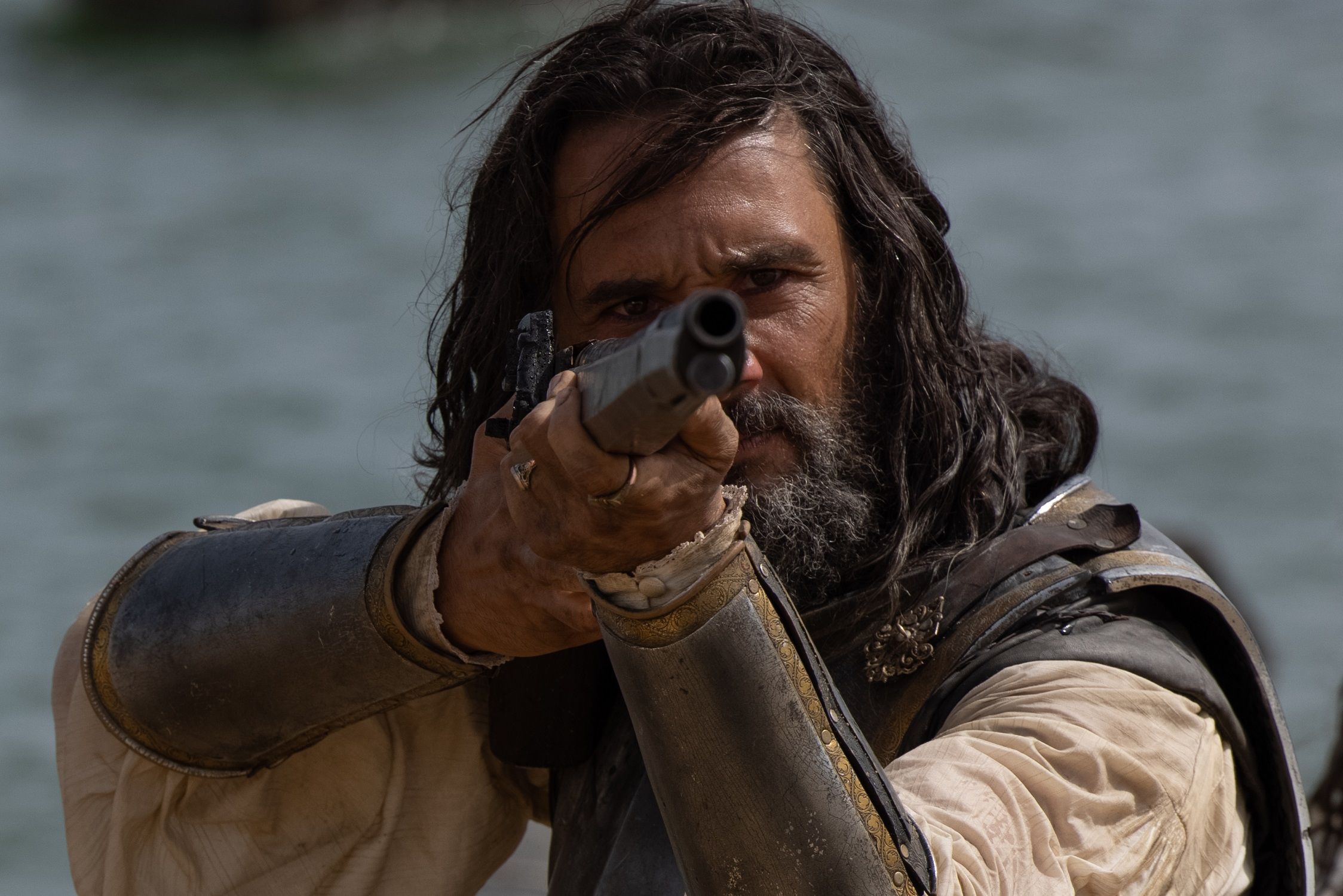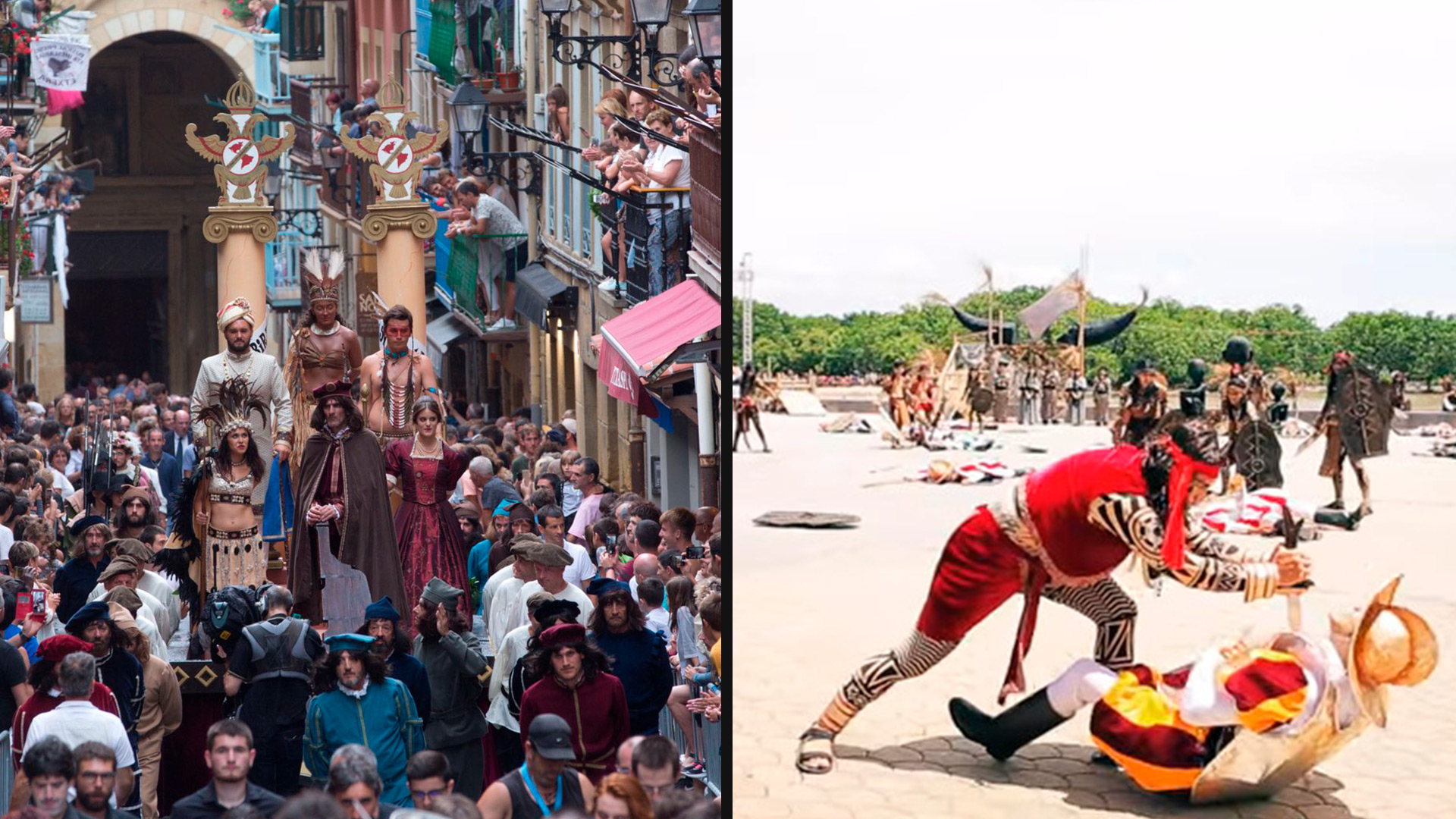What should we give up to celebrate the 5th Centenary of the World Tour?
- The majority of the inhabitants of Getaria admire and assimilate Juan Sebastián Elcano, to express the intelligence, firmness and courage of a people. For them, these values were fundamental to the circumnavigation of the world and, in some way, to put the name of Getaria in the universal epic. There's nothing to object to, it's a narrative synthesis that requires a tradition. It is a myth without blemish that reproduces positive traits, whose function was to help develop the sacrificed and hard lives of a small community linked to the sea.

This way of constructing identity has some legitimacy, from this point of view, if it differs between myth and reality. For most of Elkano’s contemporary getaries, the representatives of the local nobility – and Elkano was – were not precisely among the most admired and beloved people.
However, the history of Juan Sebastián Elcano and that circumnavigation has other nuances, and the historian, in order to construct historical knowledge, is obliged to contextualize, interrogate and construct the whole panorama of these facts in a categorical and conceptual framework that does not exclude value judgments once the sequence of causes of the facts is completed.
The problem is that most of the historical discourses, both those promoted and sponsored by the Basque institutions and the Spanish State, refuse to explore in the strands that link those civilizing invasions of men like Elkano with the current model of globalization. We are presented as “entrepreneurs”, “dreamers” or “those who made world trade possible” without complexes.
The fifth centenary is, therefore, another cultural instrument of power, integrated in a persuasive mechanics, and feeds a hierarchy of values in which superficial knowledge predominates. By using categories such as “globalization” or “modernization” to analyze what happened then, they construct a discourse that relinquishes history understood as a process. For example, when they deny the category of “colonialism”, they are hiding a fundamental factor: With its logic of conquest and domination, Europe began in the sixteenth century to subordinate the evolutionary processes of the rest of the peoples to their objectives, establishing a unique model and narrative.
Some historians have become organic intellectuals and, in the words of the scholar Manuel Vázquez Montalbán, also suppliers of the Royal House (we could say Ajuria-enea). This cultural paradigm, financed and promoted by power, puts in place reward and recognition mechanisms, both institutional and academic, in which promotional systems need certain forms of bleaching self-censorship.
Elkano's praise is produced, as it was a hundred years ago, in a context of a deep crisis of legitimacy of the Bourbon monarchy and its territorial unit, adopting a Esperpetic appearance from the hand of the Ministry of Defense and the Ministry of Culture: with a comic for young people and an animated film, they construct and build a story for Disney or Mingote. When treating the indigenous as a good savage, this neocolonial impulse is observed. However, the “18 heroes” take ownership of the great fallacy of their return to Seville, although in fact at least three more people arrived, three enslaved indigenous people. One of them, called Manuel, later understood the value of money and Castilian species. But these commercial knowledge, empirically acquired by Manuel, stood out to the officers of the Hiring House, so they held him back and did not allow him to return to the expedition that García Jofre de Loaisa was preparing. I should have learned too much.
In these stories sponsored by the Spanish ministries there is another great sacrifice, an uncomfortable witness: Antonio Pigafetta. Interestingly, only the chronicler of the expedition is presented as an “adventurer” in the Ministry of Defense comic book, following the profound contempt of many official historians for the chronicler of the expedition. Pigafetta, in his chronicles of the journey, destroys the epic and glorious elements, evidencing the violence and misery of his expedition.
A year ago the great historian Josep Fontana left us, but before leaving he gave us a synthetic and didactic work on the development of capitalism and its myths (Capitalism and Democracy 1756-1848). How it addresses deceit, Critique, 2019). It is important to read, in order to explore the logics and threads that bind us to the past, those who now want to hide us. T.S. Fontana, taking advantage of Eliot's poetics, illustrated the historian's view:
From the hallway we don't take
to the door we don't open
In the town that saw Ellkano born, meanwhile they can continue to be proud of the myth, but it would be important to add heroes of flesh and bone to the collective memory of the people: Izaro Lestayo, Getaria’s trainee skipper, is struggling to change the rules to be able to participate in the Concha Flag as captain of the remers of his people. There's a real sign of identity. Something worth caring about.
Two friends offered a small rap performance in the plaza and musutruk, after a simple popular meal. With a song, we were reminded that a neighbor, a young man, recently passed away. Money had to be raised to return the body to its hometown. Oh, that mother of mine! Your child's... [+]
Unconscious day-to-day exercise has become a topic during your stay in the Basque Country. I haven't been there for many days and I've been squeezing my breath several times... I'm an observer trying to find and rediscover my people. If I didn’t want to see things before or if... [+]



















